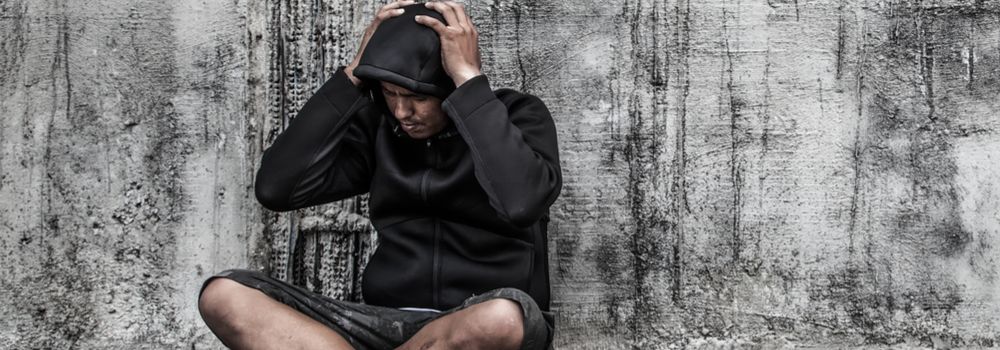We talk about the stigma of addiction as something that is attached to addiction, that shapes how addiction is perceived, that accompanies addiction in the greater societal lens. Often stigma is explained as shaming, misunderstanding, and stereotyping. We don’t talk about stigma as something that is on addiction, which is what it truly is according to the definition and history of addiction.
Webster defines stigma as “an identifying mark or characteristic”, “a mark of shame or discredit”, or even “a scar left by a hot iron”. Stigma is what creates the burning scarlett letter “A” out of addiction for all men who have lived with it. Stigma is what makes addiction a brand to be noticed with shame rather than a part of a man’s life which he has worked hard to overcome. Stigma isn’t something that comes with addiction, but on addiction, like a neon sign the world recognizes before the man behind the scalding hot iron letter “A”.
“In Greek and Latin, a stigma was a mark or brand, especially one that marked a slave, so a stigma marked a person as inferior,” the website writes about the origin of “stigma”. “When stigma began to be used in English, it usually meant the kind of mark or stain you can’t actually see.” We cannot see the mark that stigma leaves directly. However, the stain of stigma, that is the shame that stigma puts onto addiction, is seen concurrently with addiction. Stigma isn’t necessarily an outstanding sign, but one that is intricately interwoven- not only into what addiction is but who a man is if he is living with addiction in his life.
Dr. Jessica Gregg writes in “The crippling stigma of drug addiction” for New York Daily News that stigma “…thrives, or dies, in the ways people treat one another. Which means we can kill stigma if we choose to.” She explains that stigma doesn’t just get in the way of how we understand addiction or the men who are addicted. Stigma gets in the way of our willingness as a society to understand addiction as well as the men who are addicted.
Stigma is convenient and comfortable, a pattern of the human tendency to shun and shame what is questionable, scary, hard to understand, and different. Shame, unfortunately, has not been proven to be an evidence-based way to get a man to recovery in his lifetime. On the contrary, it is love, acceptance, understanding, and acknowledgement which help. Reminding men who are addicted that they are human beings, equal to the rest of us, deserving of love and recovery, is what ultimately helps them heal. Stigma prevents us from acting on our natural ability to be empathetic and compassionate toward others as well as ourselves. Together, we can end the stigma on addiction.
Each day, Tree House Recovery is helping men find freedom from addiction. Our innovative and nature inspired treatment programs in Portland, Oregon, give men a place to transform their lives, creating sustainable changes for a sustainable recovery. Call us today for information: (503) 850-2474




